Everyone hates to feel like they've been taken advantage of, especially when buying a used vehicle. The thought comes across every car buyer's mind... "Did I just get taken by that smooth-talking salesman?"
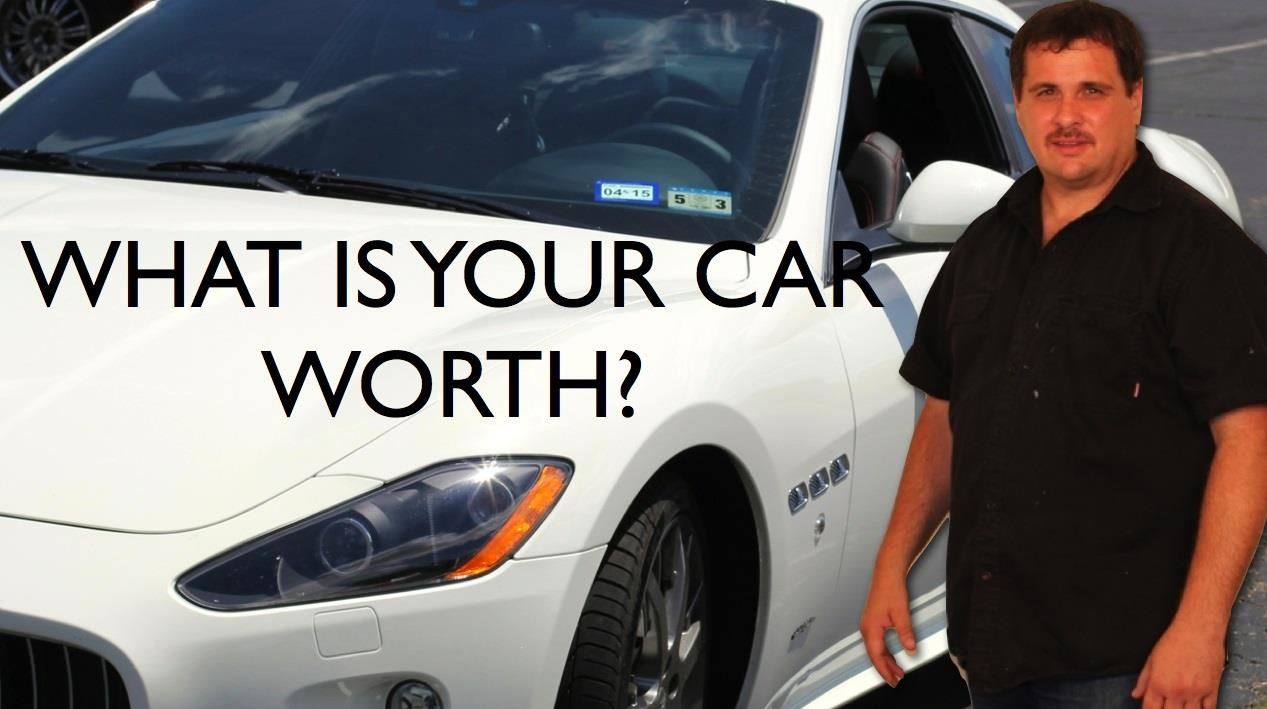
When it comes to cars, how do you know if you're really getting a good deal, or if you're being offered a fair price for your car? After all, cars are most peoples second largest investment, so we need to make this decision wisely.
Tips for Buying or Selling a Used Car
Below is a video that will help you buy or sell your car with confidence, so that you're not being taken advantage of, as well as a few tips other than the monthly payment to consider before driving off in the new car.
Step 1: Car Value Estimator
How do you know what your car is worth? How do the used car dealers decide what to offer you? To learn how to determine what your car is worth is actually easy. Follow a few simple steps and the resource I provide below, and you'll know the estimated value of your car in a few minutes.
What You Will Need to Know First:
- Make and model of your car or truck.
- Body style (2 Door, 4 Door, etc.)
- Automatic or standard transmission
- Mileage
- Write down all extras (sun roof, bed liner, aluminum wheels, leather, etc.—some of these things may apply when completing your estimated value)
- Note the condition of the vehicle (interior condition, motor condition, exterior condition, etc.)
If you would like a more in-depth inspection checklist worksheet that you can print and take with you, check out DMV.org's worksheet.
Getting the Kelley Blue Book Value
Once you have all of this information, you can get the Kelley Blue Book estimated value. The site will ask you for the information you recorded and will walk you through the process step by step.
You will be provided two different values, retail and trade-in. Retail is the value you can expect if you sell the car yourself, or when buying from a car from used car dealer. Trade-in value is the value you can expect a used car dealer to buy your car for or take in as a trade. The trade-in value is going to be lower, as the amount between the trade-in and the retail value is the profit margin for the dealer. If they can't make a profit, there is no point for them to have a business. Used car dealers can usually turn the used cars much faster than individuals and take the hassle away from trying to sell the car yourself.
Kelley Blue Book also takes your location into account, as this may slightly increase or decrease the value of your vehicle.
To determine you cars value visit KBB and follow the directions. This will only take a few minutes. To get a variation, you can also check the car value with another resource called NADA.
Step 2: Car Safety Ratings
If you're looking to buy a car, be sure to check the safety ratings. If you're going to invest your money in a car, you want to make sure that it has high safety ratings. This is where cars have been test in different types of collisions and provided a rating from 1 star to 5 star, 5 star being the best rating.
To check a car's rating is very simple and only take seconds. Most car from 1990 to present can be checked. If no tests have been performed on the car you're checking, it will tell you no testing has been tested on this model. To check the safety rating visit Safercar.gov's safety ratings page and follow simple online directions.
Step 3: History Report
It's also a good idea to ask for the car history report. This is a report that will provide you with information if the car has ever been involved in an accident, in a flood, etc. There is usually a charge for this report, but most used car dealer will have it in file. If not, it may be worth buying one yourself.
Step 4: Insurance Quote
Last, but certainly not least, be sure to get a quote from your insurance company or find an auto insurance quotes online before investing in a car. You can usually call the insurance company and they can give you a quote within minutes. The last think you want is to buy a car and find out the insurance is extremely high and you can not afford the cost.
This is another reason to check the safety rating as well. The safer the car is, the better your rates may be. Insurance companies also take into consideration how much a specific cars will cost to repair if it breaks down or involved in an auto accident, as some cars are much more expensive to repair than others.
Give them a call or use your smartphone to check online; it will only take a minute, but may prevent you from buying a car that is too expensive for you to insure. Good Luck.
I hope these tips and resources help you make your next find, buy, or sell, with more knowledge and to help you make a wiser decision.
For additional information and to dig deeper into this topic, visit The Car Safety Center at CarInsurance.org.
While we're talking about auto insurance, watch this video discussing some of the lowest cost insurance companies.
Thanks for reading the tips and if you liked it, then please let us know by giving us a KUDOS. Leave us a comment with additional tips or car buying experiences that you've had!
Just updated your iPhone? You'll find new emoji, enhanced security, podcast transcripts, Apple Cash virtual numbers, and other useful features. There are even new additions hidden within Safari. Find out what's new and changed on your iPhone with the iOS 17.4 update.



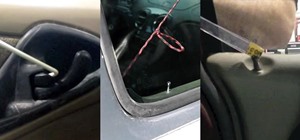
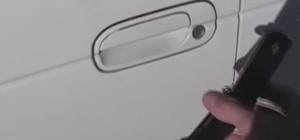
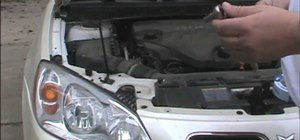
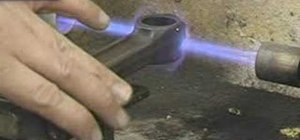
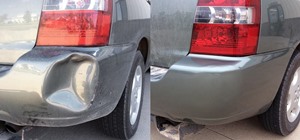
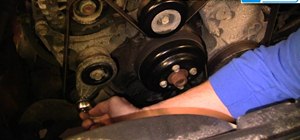
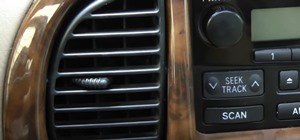
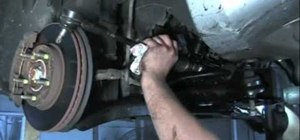

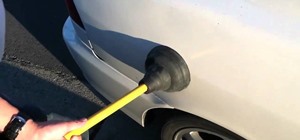
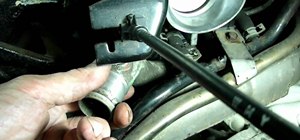
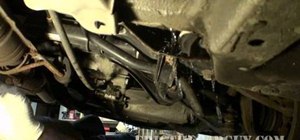
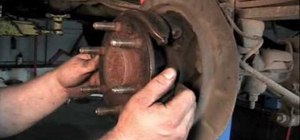
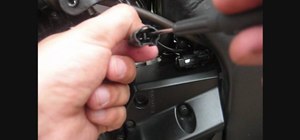
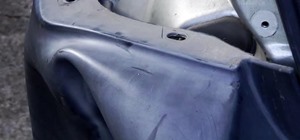
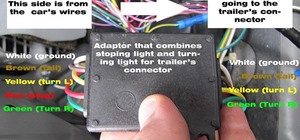
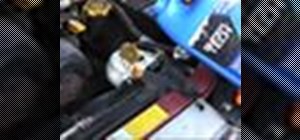
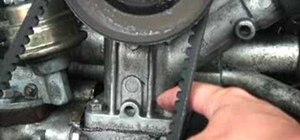
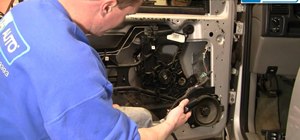
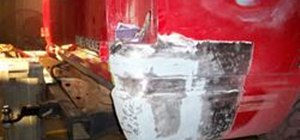
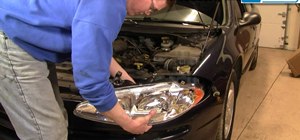
1 Comment
url=http://www.mashinbazar.com/ ???? ????? ?????/url
Share Your Thoughts